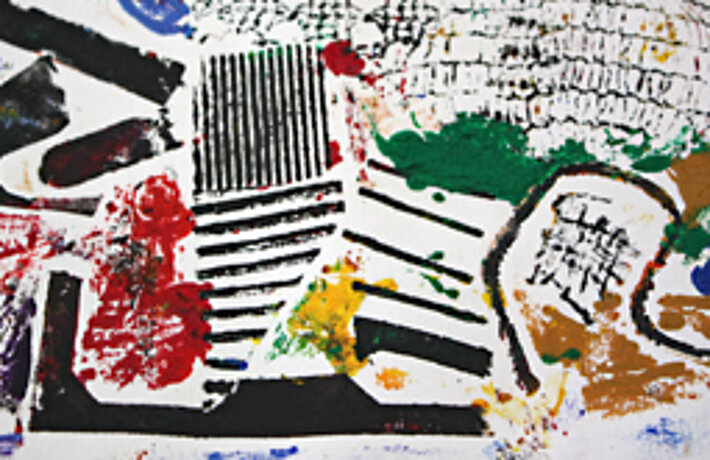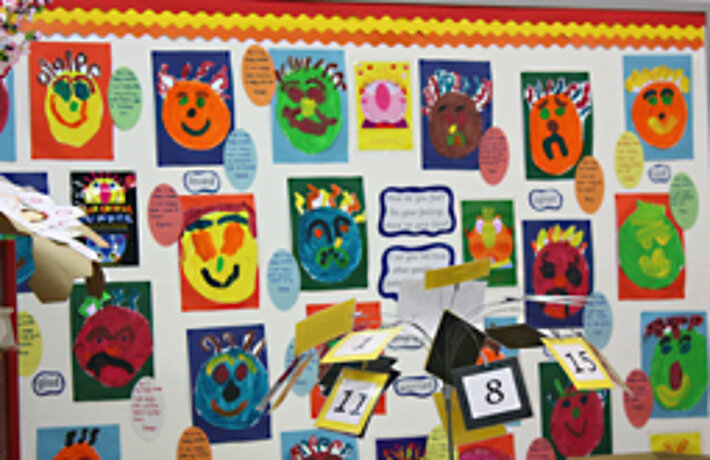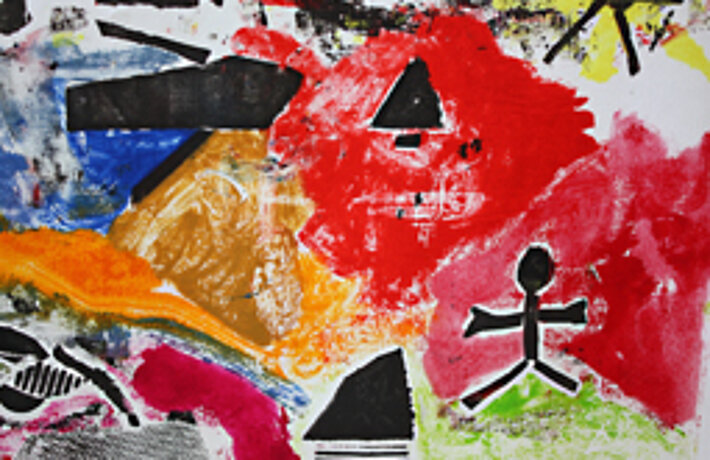Early Education
Early Education is a fundamental part of life long education and learning and its central role is to support children's growth into ethical and responsible members of society.

Teaching and learning in the early years is holistic and different areas of development are not separated. It supports and monitors children's physical and psychological wellbeing, including social, cognitive and emotional development and helps to prevent any difficulties that may arise by creating the best possible learning opportunities. In the Early Education Curriculum as well as in daily school life children, their experiences and actions are central. It is important to strengthen children's healthy sense of self-esteem with the aid of positive learning experiences and to provide opportunities for diverse interaction with other people. Children's world of experiences shall be enriched and they shall be assisted as they seek to find new areas of interest.
Teachers join with parents in giving children the best opportunities to learn and develop. In early education children's positive self-concept will strengthen and their learning to learn skills will develop.
The children build basic skills, knowledge and capabilities from different areas of learning in accordance with their age and abilities. Learning by playing is essential. Children will learn to understand the significance of peer group learning. It is very important to retain the joy of and enthusiasm for learning and to be able to face new learning challenges with courage and creativity. The diversity of children and their special needs are respected. Learning and self-evaluation go hand and hand. Children are continually encouraged to identify and evaluate their own feelings and learning experiences.

The transition between early education and the primary cycle must be prepared for as well as possible in the interest of the children. The school defines the format of the transition locally. It can be divided into two parts: the preparation of children and the exchange of educational information from Kindergarten to Primary School.
Teachers of both cycles must have good knowledge of the Early Education Curriculum and the first year primary curricula, especially with regard to the mother tongue or the dominant language of the child. As children have different strengths when they enter primary school, the primary teachers must take into account individual differences and adapt their strategies and plans to the real needs of every child.
The core curriculum has been formulated on the basis of a concept of learning both as an individual and also a communal process of building knowledge and skills. Learning takes place as purposeful involvement in a variety of situations: independently, under the teacher's guidance and in interaction with the teacher, peer group and community. In addition to the knowledge and skills, both how to learn and good work habits are to be acquired so that they will serve as tools for lifelong learning.

Optimal learning takes place through active, purposeful involvement in an activity and by enabling children to process and interpret new experiences based on their knowledge, motivation, learning and work habits.
As such it is a process that includes independent and collective problem-solving. Learning is situational, so special attention has to be given to the quality of the learning environment.
